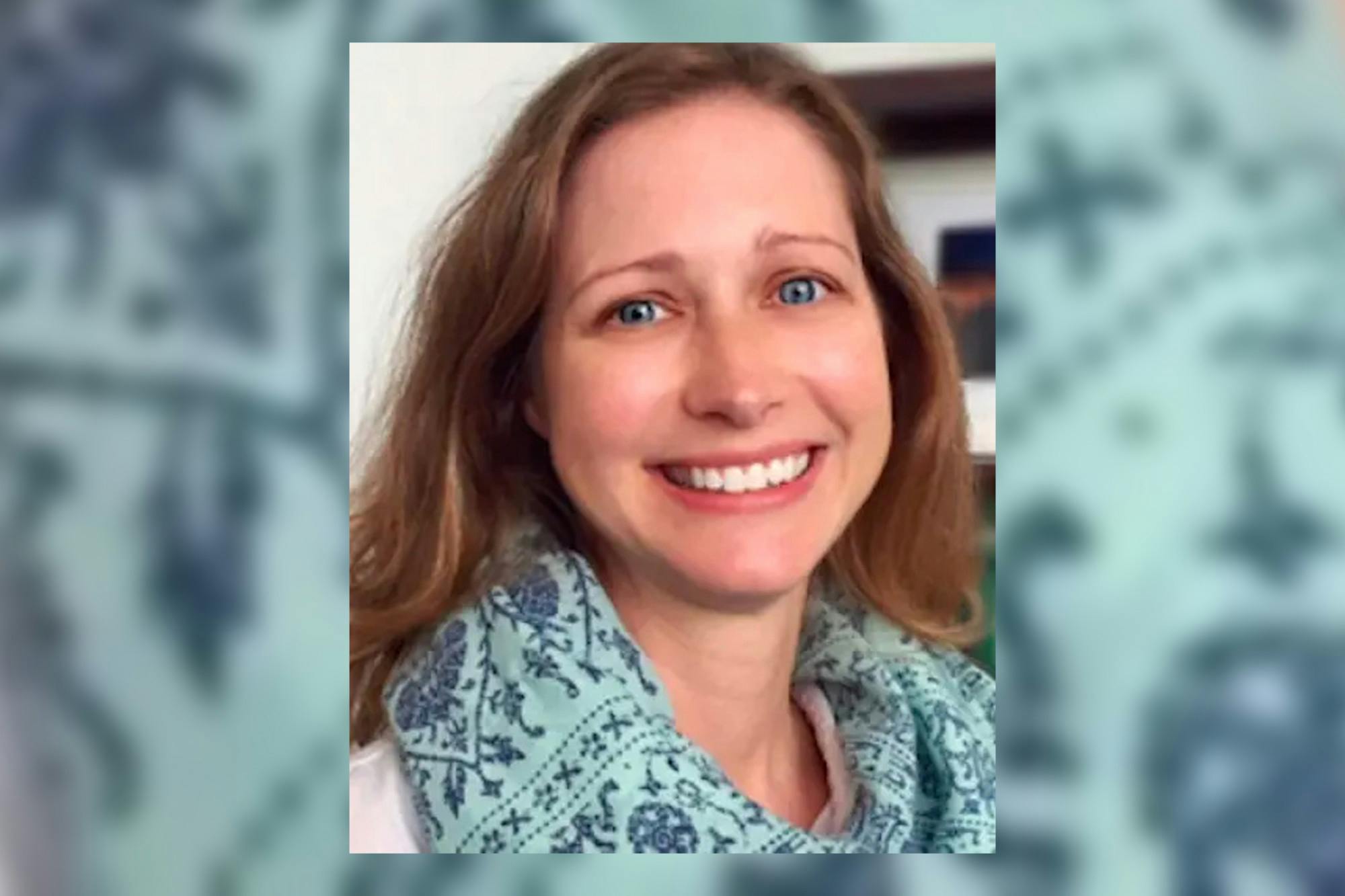Anthropology professor Elizabeth Carpenter-Song recently wrote a book about homelessness in the Upper Valley region. Titled “Families on the Edge: Experiences of Homelessness and Care in Rural New England,” the book provides an in-depth overview of the practices and policies that have failed rural New England families facing homelessness. The Dartmouth sat down with Carpenter-Song to discuss what inspired her to write the book and the lessons we can learn from it.
Could you start by giving a brief overview of your book and what inspired you to write it?
ECS: The book “Families on the Edge” details more than 10 years of longitudinal ethnographic work focused on families who are impacted by homelessness and housing insecurity here in rural New England. When I started doing this work back in 2009, I was really struck by the fact that there was very, very little attention to problems related to housing in rural communities within the U.S. Homelessness as an issue has been extensively focused on in cities and urban areas within the U.S., where we see that it’s much more visible. So when I started researching, I was really struck by the hidden nature of these problems here in our rural communities — so much so that when I initially started this work, I would sometimes get questions like, “Are there homeless people here, Elizabeth?”
Is there something in your background that led you to do this research? How have you seen this issue throughout your life?
ECS: I grew up in Westminster, Maryland, which was a bedroom community for Baltimore when I was growing up. It’s a bit more rural, I would say it’s kind of suburban. But my family roots on my dad’s side are in Appalachia. And so I’ve always been aware of — and I’ve thought a lot about — questions of rurality, in terms of my own background and my family’s. As an outsider to New England in particular, I’ve been struck as an anthropologist by some of the striking cultural orientations within this setting. In the book, I’ve tried to bring out the way in which the deep sense of self-reliance, expectations of self-reliance and the valorization of that within this context can really amplify vulnerabilities and stigma around homelessness within New England.
There are some common misconceptions or stereotypes associated with homelessness in rural areas. How did these come up in your research, particularly within the New England cultural context?
ECS: So first and foremost, I think often there’s such a tremendous stigma associated with homelessness in general, whether we’re thinking about that in rural settings or in more urban settings within the U.S. The unique power and then also the responsibility of ethnographic work like this — in which I’ve had the enormous joy and privilege of being able to partner closely with families — is a project of rehumanizing families who are impacted by housing and security. I want readers of the book to look at the ways in which people are striving and trying so hard to take care of themselves, to take care of their kids, to take care of their families amid just crushing structural constraints that limit their ability to “make it within this setting.” So a big part of what I’m trying to do is show how we can counter these terrible forms of stigma that we encounter within our communities.
What are some of the unique challenges, structural or societal, that the families experiencing homelessness in rural areas specifically deal with?
ECS: In rural New England, as it is everywhere, homelessness is a housing problem. And we see that in our community here — that we simply do not have enough housing stock across the board. Especially as we think about affordable housing, we do not have enough. So that’s the biggest structural determinant of the experience of housing and security here within our communities. But the rural nature of our area really shapes this experience, too. Transportation becomes a huge challenge within our communities, as this is a very car-dependent area of the country. For those individuals who may not have regular access to a vehicle, that lack of mobility intersects with their ability to seek employment far from home or to be integrated into the community. They’re often cut off or far from their networks of friends or families. That can really amplify feelings of loneliness and isolation for people and can have really quite dramatic mental health consequences as a result.
What kinds of policy recommendations do you have? What can communities do on that level to help address homelessness?
ECS: This issue of homelessness is about policy, it’s about having adequate resources, but it's also about community will. So there’s a lot about, what’s our mindset, what’s our orientation to these issues? At a policy level, I would say we need to be guided by decades of evidence here in promoting approaches to addressing homelessness that are guided by a “housing first” model. This means providing people who may be impacted by mental health and substance use-related challenges with a safe, stable place to live that is not contingent upon them being in services for a long time. We’ve said in the past that these people need to be in services first, and then you can think about housing. The Housing First model flipped that on its head and said, give people a safe, stable place to be, and then provide them the opportunity for connection to service. And we see that the data are so clear and so strong that that’s the better way to go. All of our policies should be guided by the evidence that we can see from decades of research in that domain.
I also think we see, at a local level, the need to think creatively about how we — in our rural communities — develop an adequate supply of housing. We are now experiencing the consequence of decades of underinvestment in housing. We see this here, we see this across the country. And so we have to come to terms with the fact that, on the one hand, there’s something very special about our rural and small town settings here in Northern New England, but that cannot be an excuse for not developing adequate housing. We cannot preserve “rural character” at the expense of rural people.
Most Dartmouth students have heard about or have experience with the Upper Valley’s housing crisis as it relates to their own living situations. But I want to know your perspective on Dartmouth as a place where many students have exorbitant amounts of privilege and have never lived in a rural area before. So what does the relationship between Dartmouth and this issue look like?
ECS: It’s such a great question. I think about this all the time, and I think about it in terms of my role as a teacher. Part of my role is to really try to bolster students’ understandings, through work like this, of the lived realities of homelessness and housing insecurity. Because, as you said, many students are not coming from backgrounds where they have their own lived experience of or deep awareness of this issue. So I think there’s opportunity there for students to learn, but then I think more broadly and institutionally — and I hope that we’re moving in this direction — we need to really think about that same question that I would put to individuals and individual community members around. Are we eroding or supporting opportunities for people to find homes?
What kind of final message would you want readers, particularly Dartmouth students, to take away from your book?
ECS: I chose to end the book with the question of, what can you do to create interactions and environments that destabilize stigma, promote compassion and advocate for equity? And I chose to end the book in that way very intentionally, to say, we all have a role in this, we all have a responsibility within this space and to get involved as well. I think that’s one of the unique things that makes the Upper Valley and this region very special is that we have a tradition of town meetings, where you can go, you can participate, you can have a voice within this space.




